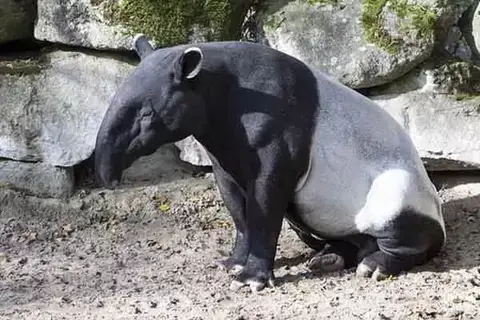Can We Prevent Cancer In Dogs?
Noah YoungEvidence is mounting that – at least for certain types of cancers – the answer is yes.
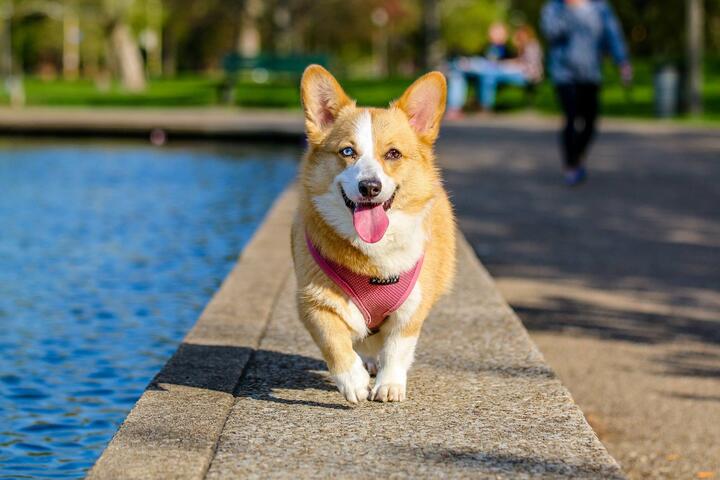 Photo by muhannad alatawi on pexels
Photo by muhannad alatawi on pexelsPhysicians have known for years that good nutrition and adequate exercise are an essential part of maintaining our health. Veterinarians are finding that the same advice holds true for our dogs and cats as well.
Early detection is also important. Researchers have proven that finding cancerous lesions before they become malignant or while they are still small and removable can prevent many cancers from becoming life-threatening.
The newest bit of research comes out of the venerable MD Anderson Cancer Center in Texas. Researchers there concluded that the use of non-steroidal anti-inflammatory drugs, or NSAIDs, is linked to a significant decrease in the incidence of gastric cancer. Previous research published in one of the leading medical journals, The Lancet, demonstrated that taking low doses of aspirin — once daily for at least five years — decreases the chance of a person getting lung, gastrointestinal, or colon cancer.
Although the research was evaluated in people, dogs and cats respond the same way to NSAIDs. Basically, NSAIDs inhibit a group of enzymes in the body, some of which cause inflammation. Inflammation, especially acute inflammation, is essential for wound healing and other important immune functions. When inflammation becomes chronic in nature, cancer risk increases. Cancer seems to be able to co-opt the cells involved in this process and utilize them to allow malignant cells to proliferate.
Therefore, NSAIDs and other compounds that decrease or stop chronic inflammation may be able to prevent cancer in our pets. Compounds within cruciferous — e.g., kale and broccoli — yellow, orange, and red vegetables decrease inflammation, specifically by blocking the lipid compound Prostaglandin E2. Evidence suggests that feeding dogs these types of vegetables at least three times per week can decrease the risk of bladder cancer in certain breeds.
Vegetables You Can Feed Your Dog
There are risks to the gastrointestinal tract, kidneys, and liver from the chronic administration of NSAIDs to dogs. Consult your veterinarian to assess the benefits of cancer prevention against the possible side effects of these medicines. Giving your dog vegetables, however, comes with little to no risk — unless of course, your dog feels the way I do about Brussels sprouts.
How to Prevent Cancer in Dogs
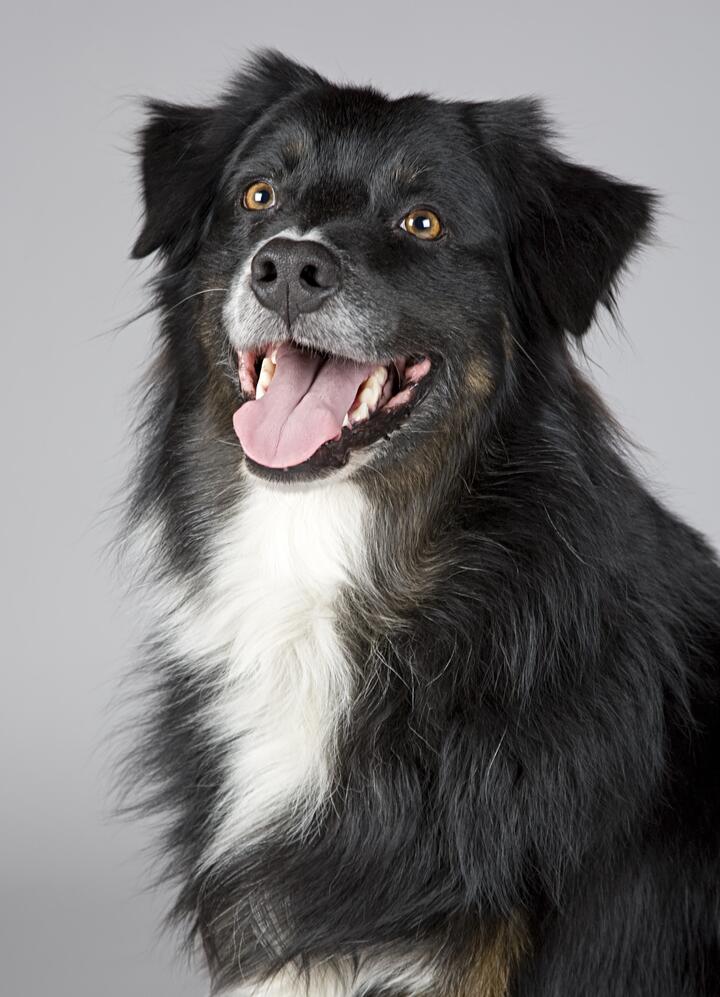 Photo by Pixabay on pexels
Photo by Pixabay on pexelsA high-protein diet can help prevent cancer in dogs. The tumors use protein from other parts of the body, reducing muscle growth, disease immunity, and wound healing. A dog suffering from cancer should have a diet high in animal protein and fat because their appetite is diminished and their fat stores are depleted. Here are some examples of foods to avoid to help protect your dog from cancer. Here are some of the best foods for dogs with prostate cancer.
Whole-food sources of vitamins and antioxidants are important. Humans recognize them, so it is important to feed your dog food that contains them. Also, look for the label to say “natural” or “food-based.” That’s a good sign that the product contains natural ingredients. A good example is dried shredded coconut, which can be added to dry food. For optimal results, you can soak dry dog food first to add water.
A canine cancer vaccine will target eight types of canine cancer. It works by triggering the immune system to attack the cancer cells. The vaccine targets a group of proteins on the cells of these tumors, which increases the body’s response to them. It can help prevent the development of several types of cancer in dogs. The study is part of a five-year program sponsored by the Morris Animal Foundation, which funds researchers at the University of Wisconsin-Madison School of Veterinary Medicine.
Some holistic veterinarians recommend a core vaccination to protect your dog against multiple diseases. This vaccine can be repeated every year or every two years, depending on how well your pet responds to it. Afterward, you should give your dog a detoxification period. If you are worried that your dog might not respond to the vaccine, it is important to let your pet detox first. If you are not sure whether your dog is immune to a particular disease, ask your vet to perform a titer test.
In the study, the anticancer vaccine is given to older dogs in order to increase their chances of staying cancer-free. The anticancer vaccine is administered in four shots over four weeks and a dog will receive regular checkups for the first six months. The anticancer vaccine targets eight types of canine cancer. It works by targeting a group of proteins on the cancer cells. When the immune system detects these proteins, it responds to the anticancer vaccination and prevents the development of cancer.
There are many holistic treatments that can prevent cancer in dogs. A cancer vaccine can help your dog stay healthy while taking a natural anticancer vaccine. The best way to prevent cancer in dogs is to keep them on a diet rich in fiber. Moreover, it is important to consider the amount of food you give him. If the food is dry, it should be soaked so that it can absorb more water. If you give your dog dry food, it should be added to its water-based form.
The main cause of death in adult dogs is cancer. There are many ways to prevent this disease in dogs. You should make sure your dog has enough fiber and avoid artificial ingredients, like corn syrup, soy sauce, and corn starch. It is also essential to keep your dog away from artificial additives. These artificial flavors are not healthy for your dog, so you should choose foods rich in fiber and antioxidants. It is vital for your dog to be as healthy as possible.
In addition to vegetables, the best foods for dogs contain antioxidants that can help them fight cancer. This is an important factor when it comes to fighting off this disease. You should also include fiber-rich foods in your dog’s diet. You can also add dried shredded coconut to your dog’s food. It should be soaked to add water. The ingredients in these food products are good for your dog’s health. And you should consider the ingredients in these foods to help prevent cancer in dogs.
The anticancer vaccine can help prevent the development of cancer in dogs. It is a combination of antioxidants and vitamin D. The latter is a key ingredient in cancer prevention, and it will help prevent cancer in dogs. The antioxidants and vitamins in this food will be better absorbed by the body than synthetic ones. In addition to vitamins and minerals, you should also consider adding dried shredded coconut to your dog’s food.
- Birds50 Interesting Facts About Tits

- LivestockWhat Do Llamas Eat?By Lucas Torres

- RodentsHamster Illnesses – Symptoms And TreatmentBy Evelyn Star

- Rodents100 Amazing Facts About SquirrelsBy Evelyn Star

- DogsThe Benefits Of Having A Dog FenceBy Evelyn Star
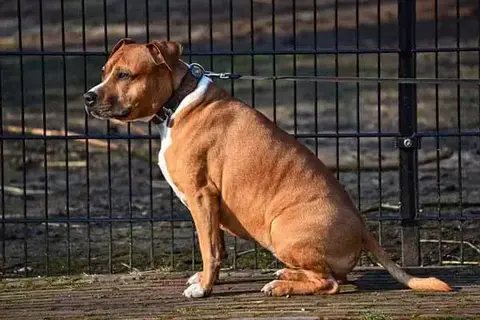
- WildlifeInteresting And Surprising Facts About A White LionBy Evelyn Star

- BirdsInteresting Facts About EchidnasBy Camilo Walker
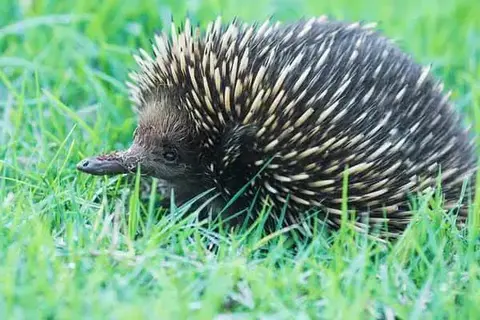
- BirdsThe Cockatoos Danced To The Anthem Of The Fight Against CoronavirusBy Camilo Walker

- InsectsWhat Is Ladybug Food?By Noah Young
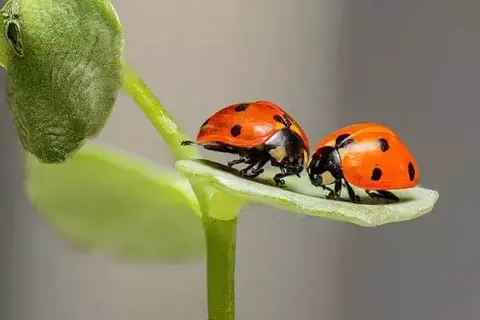
- WildlifeInteresting Facts About Tapir You Need To KnowBy Noah Young
